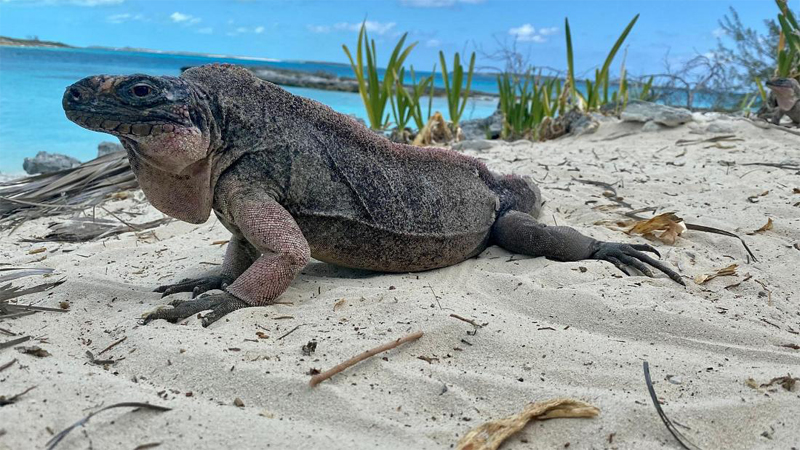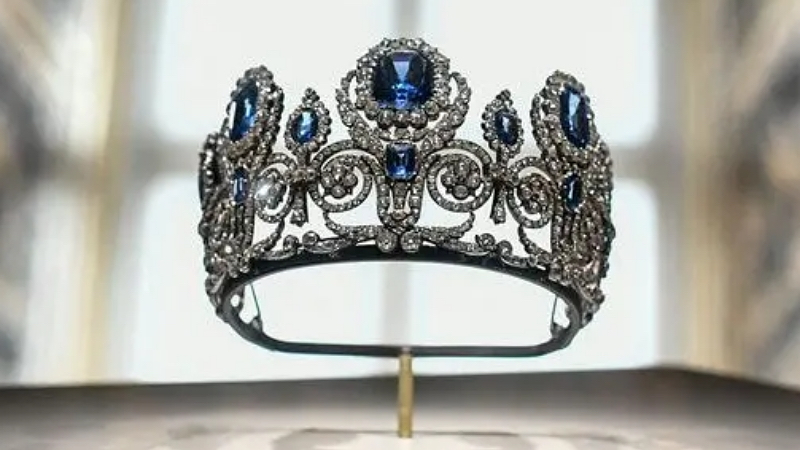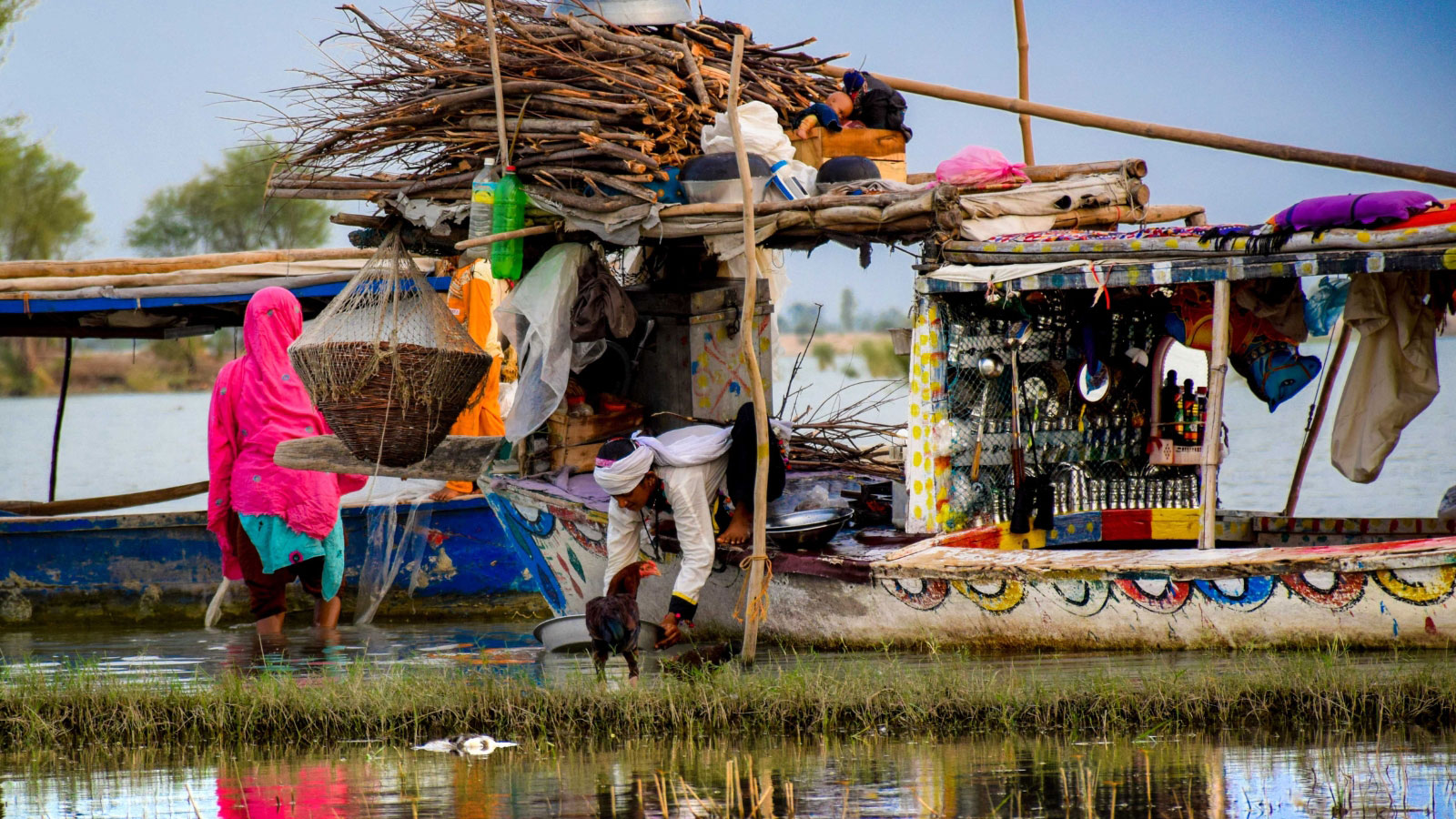|
The northern Bahamian rock iguana - a lizard listed as vulnerable on the International Union for Conservation of Nature’s Red List - is facing a new threat in the form of visiting tourists feeding them too many grapes.

| 26 Apr 2022


The northern Bahamian rock iguana - a lizard listed as vulnerable on the International Union for Conservation of Nature’s Red List - is facing a new threat in the form of visiting tourists feeding them too many grapes.
When boats with tourists approach an island, they are given grapes and lettuce to feed the endangered iguanas, which “rush the beach” to be fed.
As a result, new research published in the Journal of Experimental Biology, shows that iguanas living on islands where tourists are prevalent are unable to regulate their blood glucose levels as well as those that live on more remote islands to which humans rarely venture.
“I think this is an important model that allows us to test for these effects because this is going on for wildlife across the planet in other tourist settings,” said lead study author Susannah French, speaking to The Scientist.
The hope is that the new study, along with further research, will help develop a management plan that’s sustainable for both the iguanas and the tourism industry - something that can also be applied in other areas where animals and tourists meet.
Read more here
Live
|
|






Supplier Showcase 2025: The biggest attractions projects landing worldwide this year
|